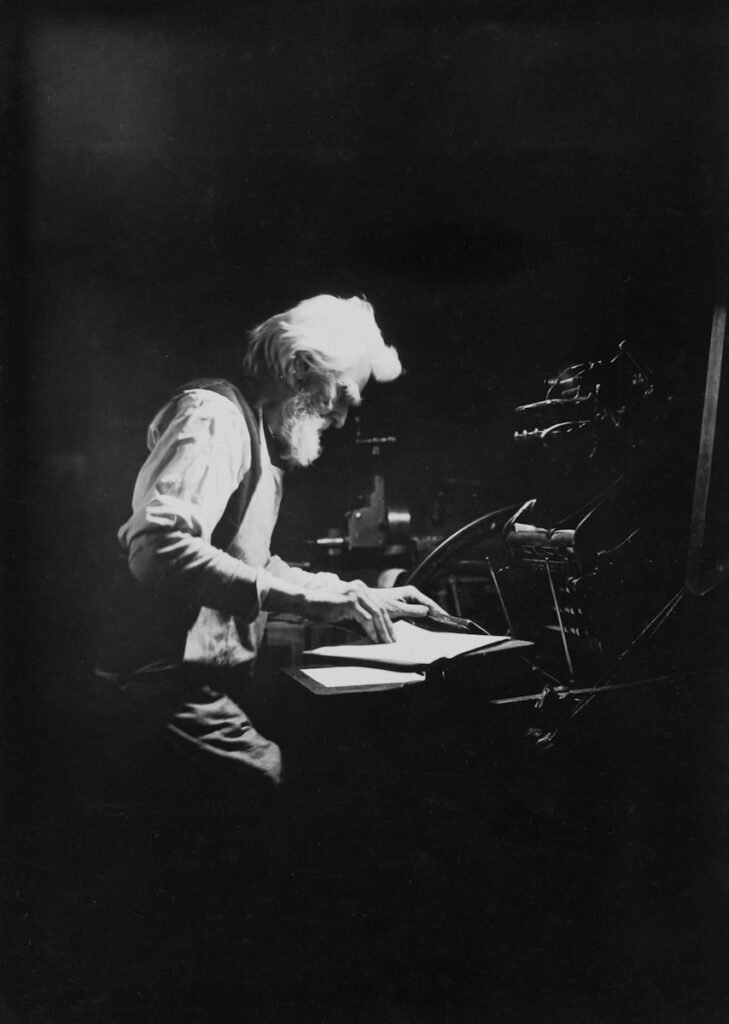There’s a moment in Exodus that often gets overlooked—but for anyone called to creative ministry, it’s monumental.
God had just delivered His people from Egypt. He was now preparing them for life in His presence. And right in the middle of commands about laws and worship and covenant, God pauses to do something remarkable. He appoints an artist.
“See, I have called by name Bezalel… and I have filled him with the Spirit of God, with wisdom, with understanding, with knowledge, and with all kinds of craftsmanship.”
Exodus 31:2-3
This is the first time in the Bible anyone is described as being filled with the Spirit. And it wasn’t a prophet. It wasn’t a priest. It was a creative.
Bezalel was a craftsman, tasked with building the tabernacle—the physical space where heaven would meet earth. He wasn’t just working with materials. He was working with meaning. Every cubit, every curtain, every color mattered. And it wasn’t for show. It was for honor.
God chose him intentionally. He valued not only Bezalel’s skill, but the posture of worship behind it. Bezalel’s design was worship. His craftsmanship was obedience.
That passage reshaped how I view creative work. It told me God cares deeply about beauty. That artistry isn’t secondary to theology—it can be theology embodied. When we create, we echo the Creator. When we build environments that help people encounter God, we are doing more than executing plans—we are participating in the divine.
I’ve felt that calling in my own way. There have been moments when I could see an experience in my mind before it ever happened. Not just visuals, but how it would feel—how it would land, what it would make possible. That vision didn’t come from me. It came from the Spirit. And it wasn’t limited to lighting or layout. Sometimes it looked like a story that needed to be told through video, or a phrase that could frame a message just right. Sometimes it was the pull to capture a fleeting moment through photo or design a piece that brought clarity to something abstract. Each time, the vision came not as a burst of inspiration, but as a quiet nudge toward faithfulness. That’s what drives the work of a creative shepherd: stewarding the intangible, the unseen, the atmosphere where people become aware of the presence of God—whether they’re standing in a room, watching a screen, reading a caption, or hearing a story unfold.
Like Bezalel, we’re not creating randomly. We’re creating with a purpose—to prepare a place where people can meet with the Holy One.
And that’s not performance. That’s priesthood.
